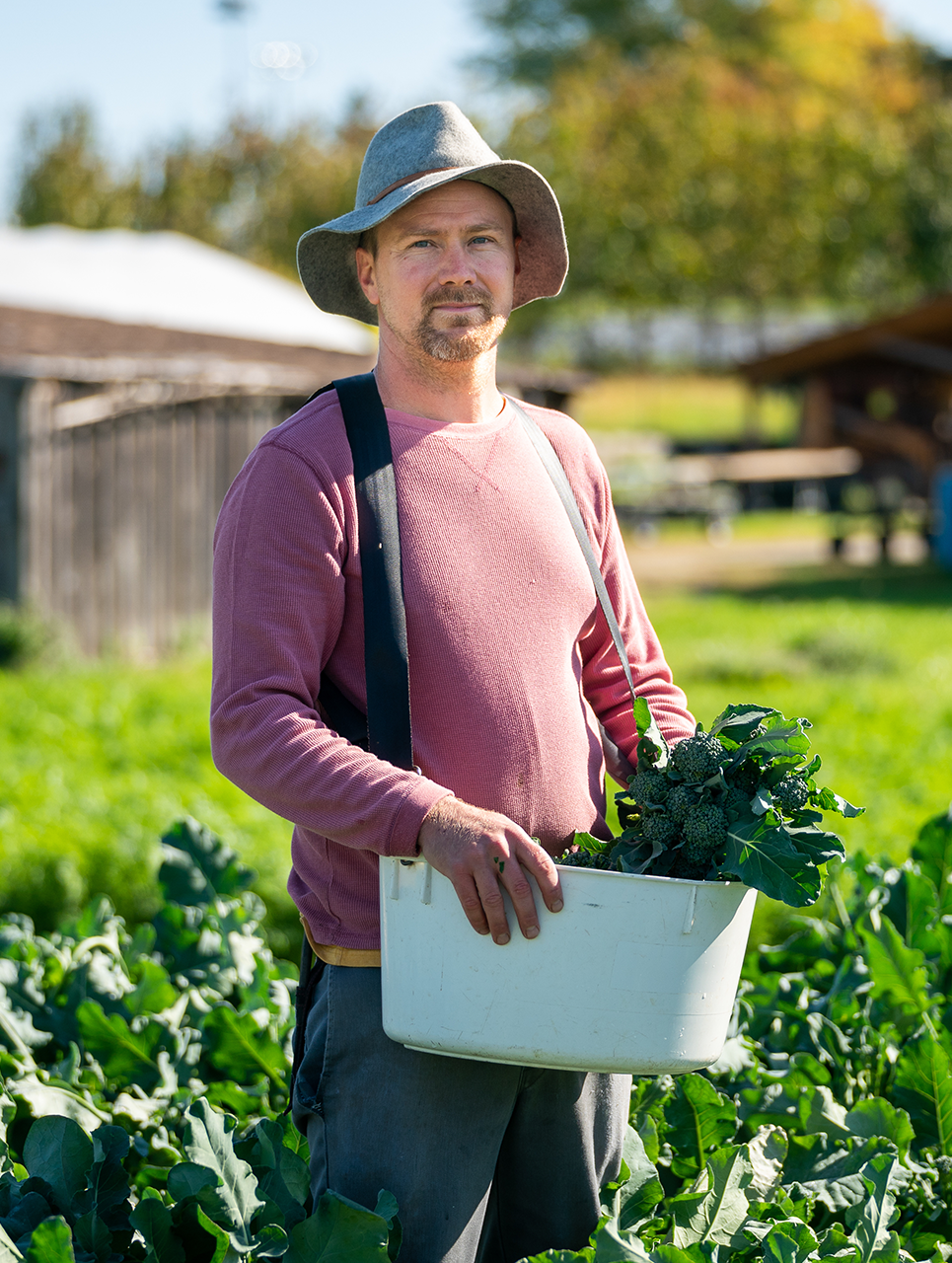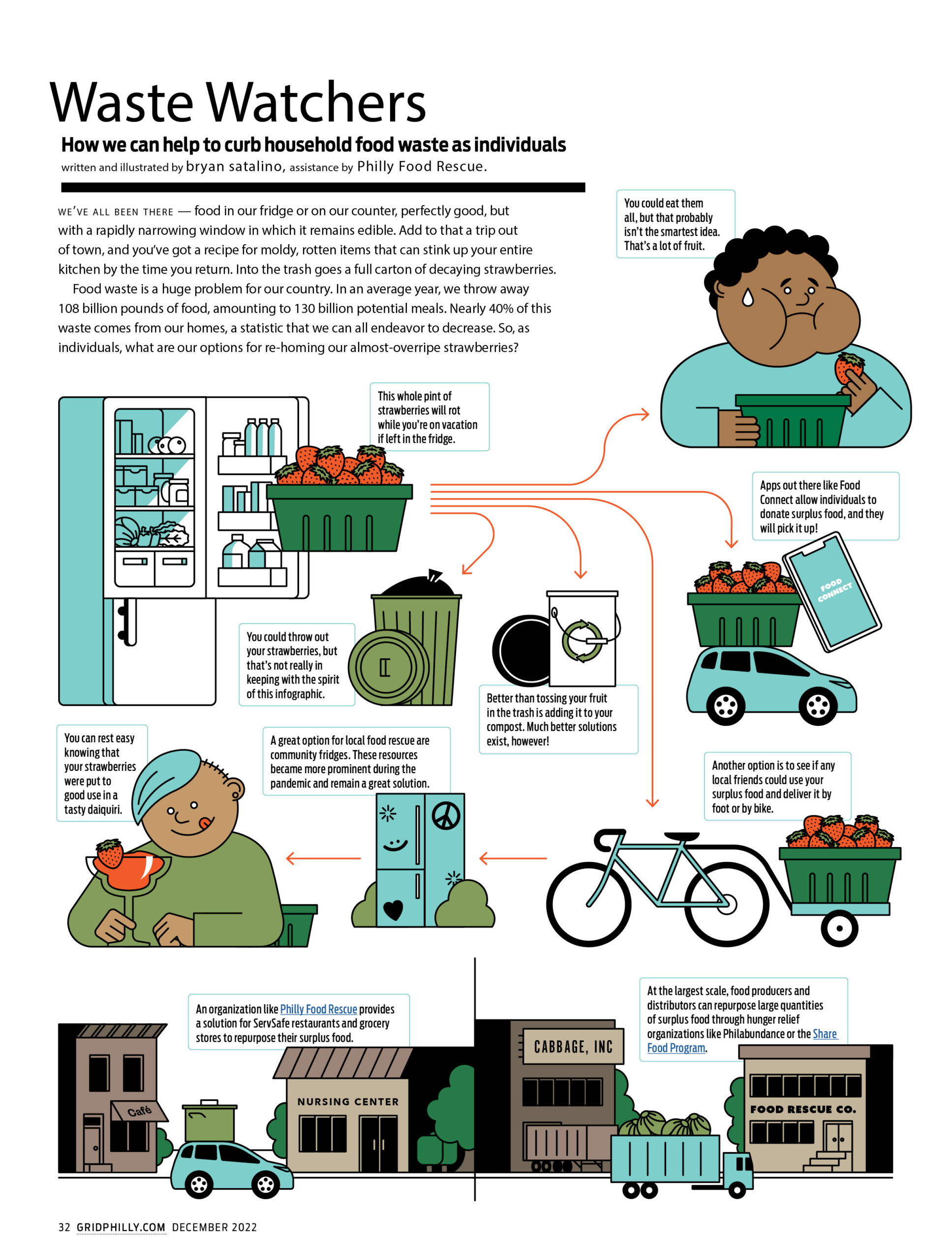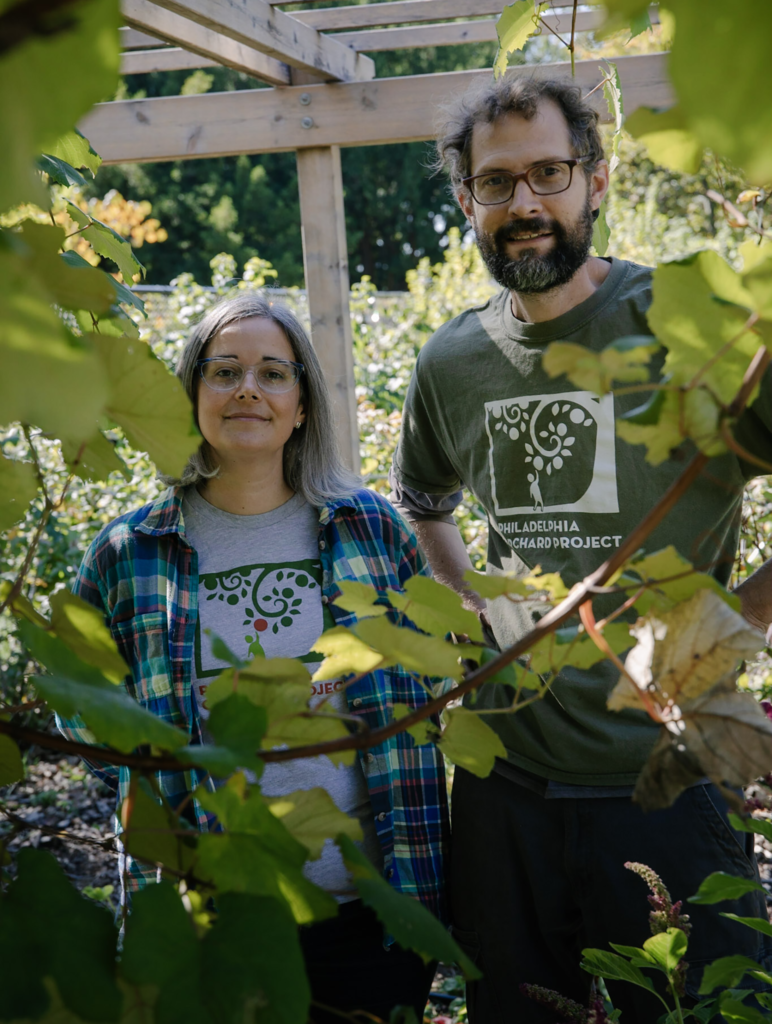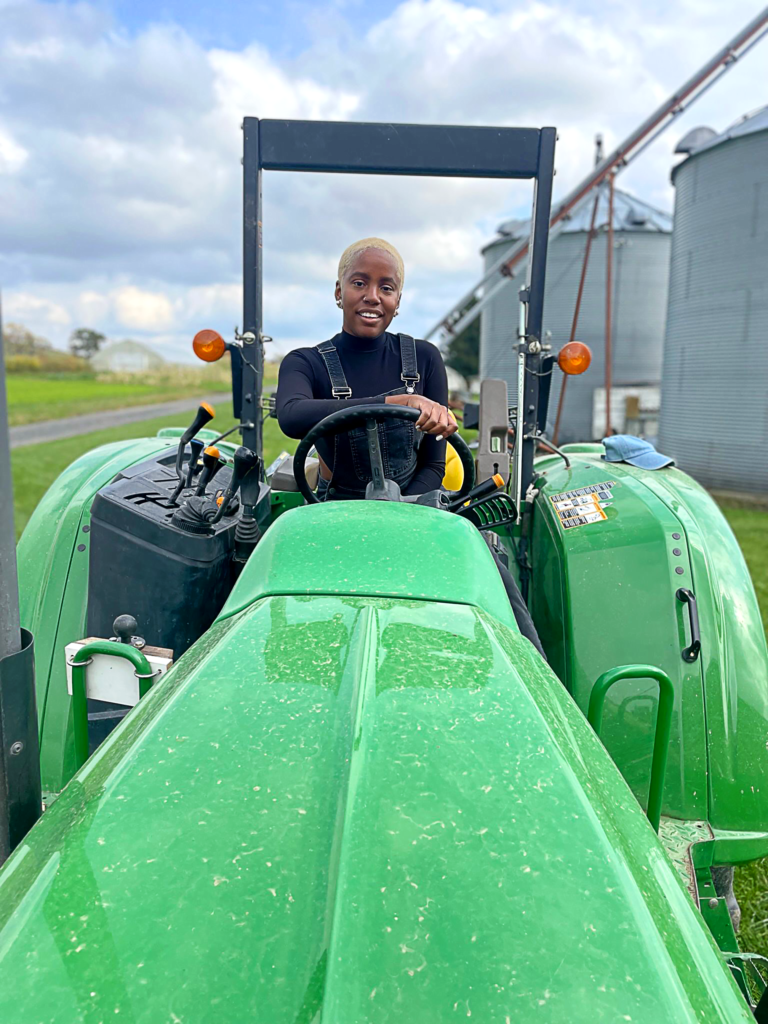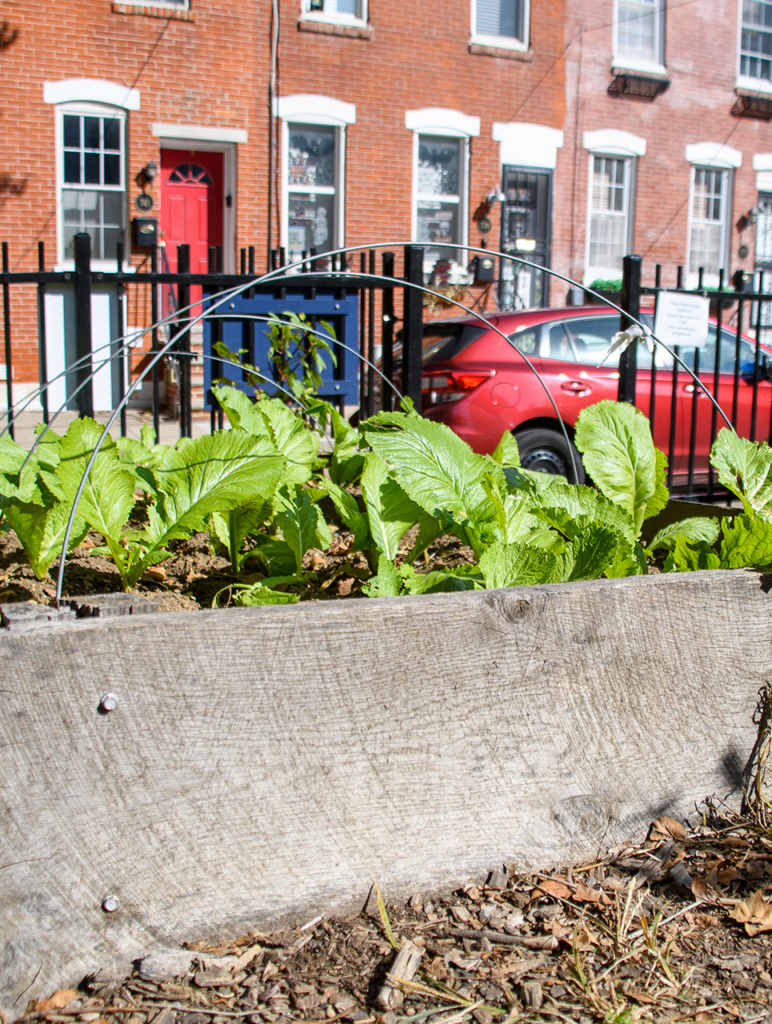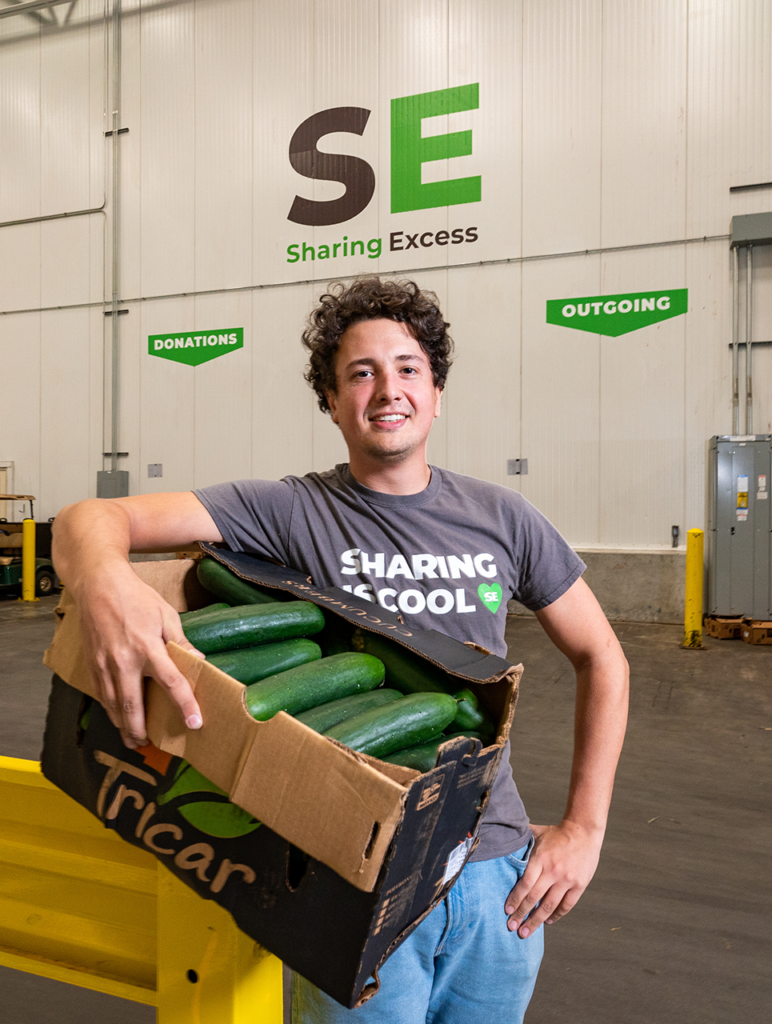When COVID-19 suddenly disrupted supply chains, leaving grocery shelves empty, local farmers joined the short list of essential workers. Yet, despite their critical importance, many farmers remain low-wage workers.
A report recently released by Pasa Sustainable Agriculture revealed that farmers in our region earn about $10 per hour and family farm households struggle to reach middle class incomes. Sarah Bay Nawa, Pasa’s research coordinator, described the findings as “a hard reality, but one that is important to share and talk about.”
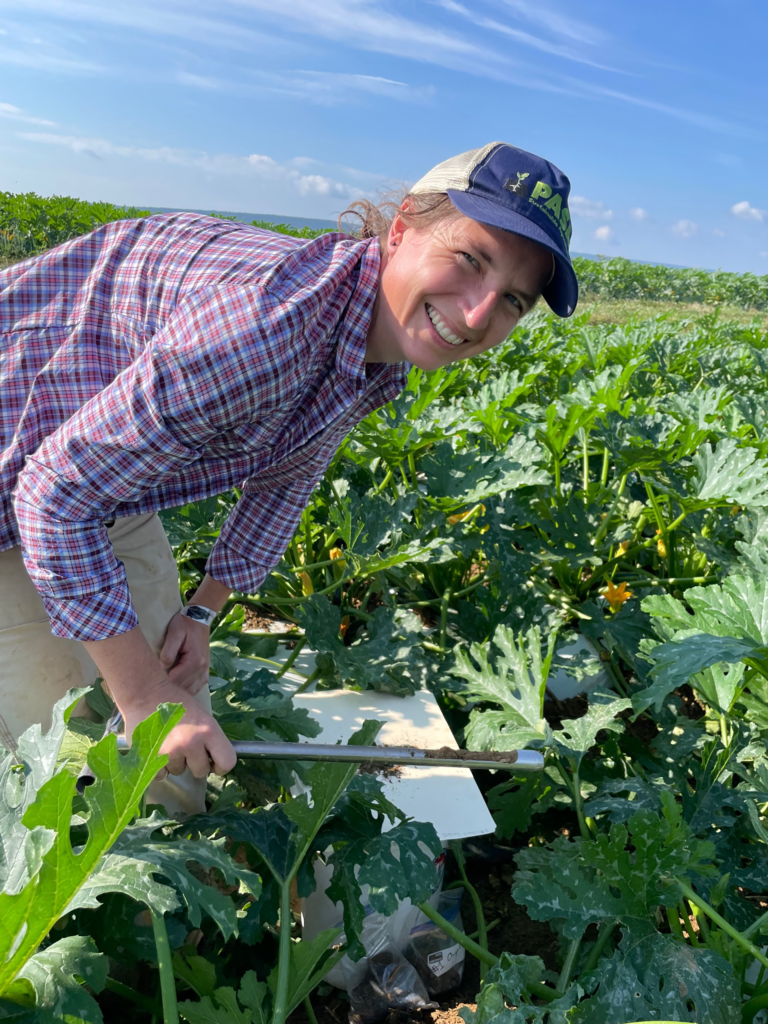
Pasa’s report, “Financial Benchmarks for Direct Market Vegetable Farms,” collected financial data from 39 Mid-Atlantic farmers from 2017 through 2019. The study focuses on farms selling their produce through farmers markets, community supported agriculture (CSA) programs, on-farm stores and direct wholesale. This segment of the agricultural community has been growing regionally and nationally. The National Agricultural Statistics Service’s 2016 report tallied $439 million in sales from Pennsylvania’s direct market farms, revenue generated mostly from vegetables.
Despite millions in sales, the Pasa study found that the median farm income for Pennsylvania vegetable farmers is $18,549, which barely exceeds the state’s poverty level of $17,420 for a two-person household.
Faced with such dismal economic opportunity, why would anyone choose to farm? And what, if anything, can be done by and for farmers to enable them to earn their way into the middle class?
Several farmers who took part in the Pasa study reflected on how the findings match their experience.
I think everybody should have a small farm.”
bob todd, owner of Down to Earth farm
Bob Todd describes his one-acre Down to Earth farm in Downingtown, Chester County, now in its 13th season, as an oversize garden, human in scale and so intensively cultivated with hand labor that there’s no space for weeds. Todd grew up eating meat and potatoes in Kansas, surrounded by farms growing commodity crops, not food for people. He has a degree in economics but was drawn to farming for the quality of life. “I don’t know any family who doesn’t want to make a little bit more money, but I hope [the Pasa study] doesn’t discourage people from getting into farming. I think everybody should have a small farm.”
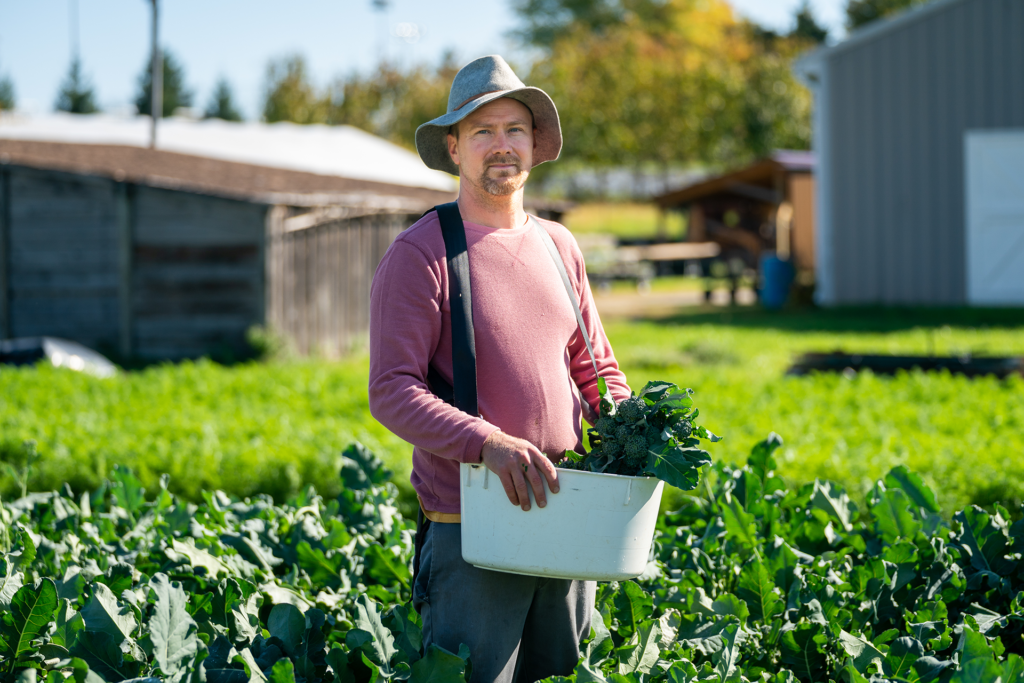
Taproot Farm owner George Brittenburg contributed his farm data to the Pasa report to help other farmers have access to information he could have used as a new farmer. Starting out he found no data about how much farming income he could expect. “It was almost terrifying in the beginning. It took faith that we would pull through,” he recalled. This fall, wrapping up Taproot’s 13th season in Shoemakersville, Berks County, Brittenburg is unequivocal about his career choice. “I love what I do, period. Sure, there are days when I wish I could just go to the beach for a week, but my day-to-day experience is rewarding in a lot of ways, including my contribution to my community.”
Unlike Brittenburg, Aimee Good and her husband, John, apprenticed on a number of small farms in Massachusetts that generously shared their financial information. The Goods knew enough to understand that farming was not a sure route to wealth. “But if you want a good life,” Aimee says, “then you go into farming.”
After earning degrees in biology and environmental science, Aimee and John decided to do “some fun work” on a farm before getting real jobs. That summer job hooked them, and they’ve been farming for 20 years. The Good Farm CSA in Germansville, Lehigh County, raises certified organic produce on 10 acres for a 250-person CSA. Aimee believes the rewards of farming go well beyond the monetary. At the end of every day, farmers see the tangible outcome of their work while enjoying the benefits of fresh air, exercise and feeling like they are making a positive impact in the world. Aimee adds: “Our kids know we don’t have a lot of money, but they feel they are rich — we live in a beautiful place, we have great food and we eat like kings.”
Bill Kitsch, senior executive vice president for Ephrata National Bank and a reviewer for the Pasa study, has been making agricultural loans for over 20 years. He knows the role idealism often plays, especially among organic and sustainable farmers. “They’ve chosen to farm because they want to make the world a better place. They might feel they should get paid for making the world a better place.” But as Kitsch and all successful farmers know, farming is a complex, extremely challenging business.
“I’m guessing 85% of the people from the study didn’t get into farming thinking of it that way,” Brittenburg says. But I realized [business] was my steepest learning curve, and I made it a point to figure it out.” “Farmers are into plants, not finance, and learning the business side is not what brought you to farming,” Aimee acknowledges. “But you have to do it.” Todd shares that view: “You can be so idealistic as a farmer, but if you’re not practical you can’t be sustainable.” He hopes the study speaks to farmers and encourages them to find a way to make their farms profitable.
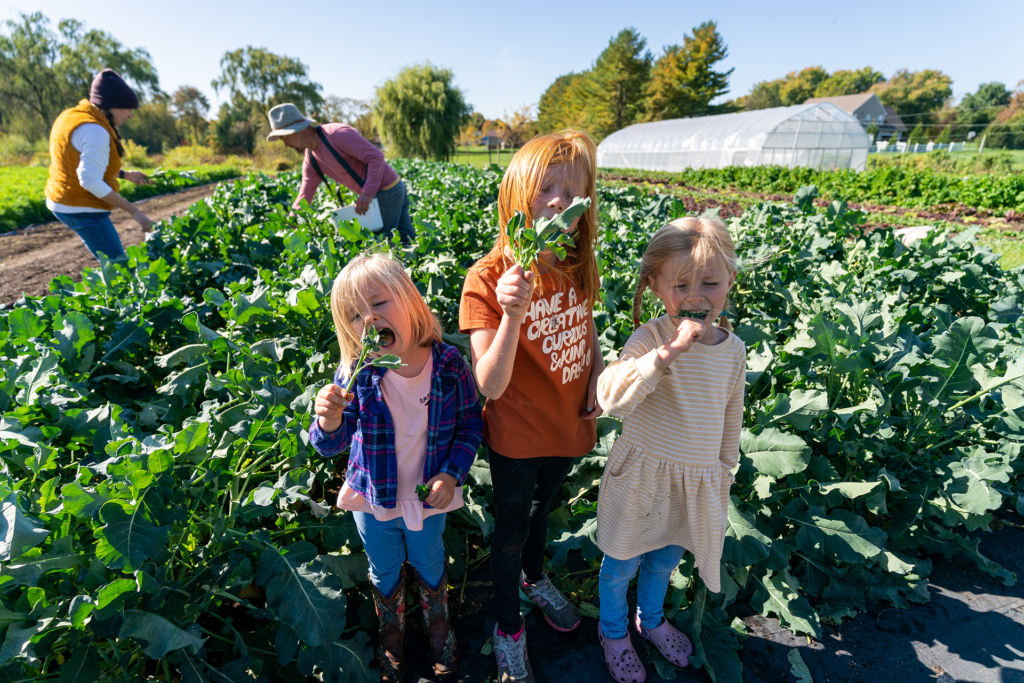
The Pasa report, aimed chiefly at farmers, offers several valuable business insights. The study found that no single direct-market channel delivers superior results. If access to land and other resources like labor are available, farming on a larger scale often brings higher income. Farms specializing in vegetable production may have solid margins on vegetable sales but may be missing opportunities for additional revenue they could earn by reselling complementary products from other farms. And some good news: over time, farmers build income and equity, making their businesses more profitable the longer they operate.
The study concludes, however, that the systemic economic challenges farmers face cannot be solved by the farmers alone. Public programs are needed to help direct-market vegetable farmers provide fresh, nutritious food for their communities. The study advocates for new or expanded initiatives to specifically tackle “equitably increasing farmland access, improving market opportunities, encouraging workforce development, reducing financial risk, and rewarding conservation best practices such as building soil health, protecting wildlife and improving water quality.”
Although Kitsch found no surprises in the report, he is already using the data to modify Ephrata’s lending practices. Moreover, he believes the study can and should have an impact beyond the banking community. U.S. farm policy, he feels, has always had a significant bias against sustainable agriculture versus conventional, large-scale commodity farming, and it has always been an economic question. For Kitsch “the benchmark study was all about getting into specialty crop farming and looking at the economics, uncovering what are some of the general themes that increase the probability of success.” In his view, the study validates a sustainable approach to farming and should trigger a shift in public policy, starting with the PA Farm Bill.
Aimee has hopes for the study as well. “We need to figure out a way for major change to happen in the food system so farmers can make a living and so all people can afford good food. We knew this to be true, but the study provides the scientific research to prove it.”
Until such changes occur, the challenges facing beginning farmers remain significant. Amirah Mitchell began working on farms as a teenager. With financial support from a successful GoFundMe campaign and a fellowship, she is finally realizing her dream of farming full-time. Mitchell aspires to build a farm business based on heirloom vegetable seed production with a focus on crops from the African diaspora.
Currently she is gaining hands-on farming and business experience through The Seed Farm’s Farm Business Incubator program in Emmaus, Lehigh County. Mitchell describes her decision to farm, as “more of a calling than a choice,” though she admits her financial future is full of unknowns and requires some blind optimism. “Farming is something that we do for the love and the passion for the land. But there’s a lot of exploitation in this industry. We’re underpaid. A lot of that is systematic and part of the food system and the government structures we exist under. There are things that can help. Buying direct from a farmer makes a huge difference for our profit.”
Bay Nawa, of Pasa, shared her vision for the study’s impact. She thinks it can further an understanding of what the farm community faces and foster a willingness to inspire change and improvement. Customers can really see what their farmers are doing and come to realize that we all need to eat, and we all wish to live in vibrant communities that include agriculture. Finally, the report urges “farm organizations and policy makers to create some structural changes we know would be helpful for the local food community. We hope this strong grounding data will make change happen.”

